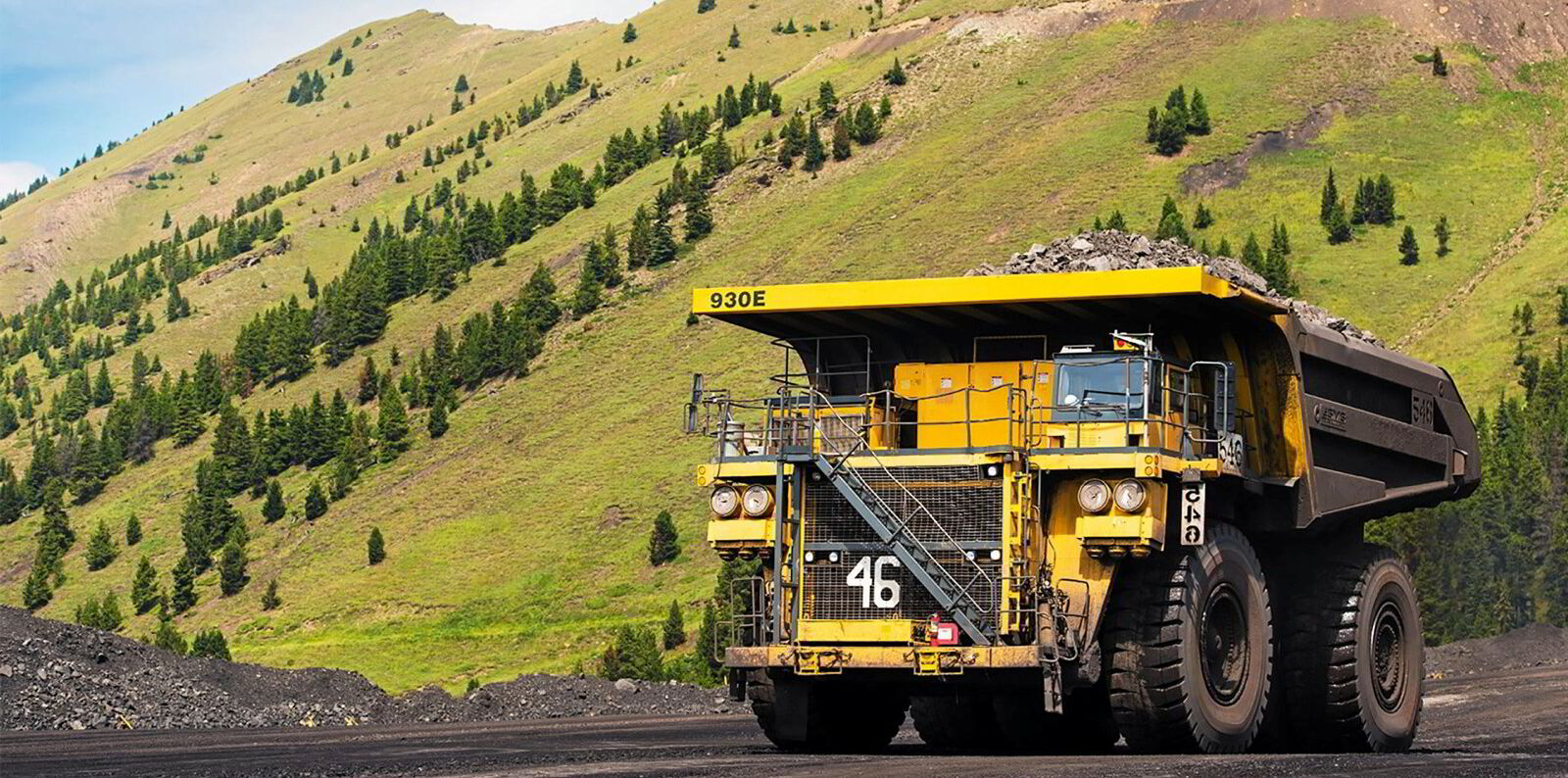Glencore has denied possibilities of antitrust infringement, if it were to embark on further mergers and acquisitions in the steelmaking coal sector.
Following its U-turn to not spin off its coal business, owing to its profitability appeal to its shareholders, the mining giant indicated that it is open to further acquisitions.
Glencore completed its purchase of Teck Resources’ steelmaking coal business, Elk Valley Resources, last month.
During its first-half results call, Glencore was asked whether the Elk Valley acquisition and potential consolidation of steelmaking coal prevented it from doing further “meaningful deals”. This would entail an additional 15m-tonne type transaction.
Chief executive Gary Nagle said: “We’re not going to take a view on antitrust. I say we have 20m tonnes of high-quality coking coal in addition to our Australian business.
“We certainly don’t have a position in the industry, which is enormous. And I think there’s probably some space for growth.
“But we’re not going to take a view of antitrust in terms of what that growth is or how much or how we would do it.”
The company has said it is always open to M&A as its part of its “DNA”, without confirming whether it would acquire Anglo American’s Australian steelmaking coal assets, which are on the market. Glencore was rumoured to be bidding for them.
Jefferies said in a note: “It is possible that Glencore pursues other acquisition opportunities, with hard coking coal and copper assets likely to be the M&A focus.
“The fact that Glencore did not announce a supplemental capital return or an increase to its targeted net debt level of $10bn could imply that the company is preserving financial firepower for more deals. M&A is in the Glencore DNA.”
Asked about bullish coal prices underpinning the company’s cash flow and what is supporting the current Newcastle benchmark price, Nagle said: “You’ve seen some strong buying in Korea recently, a little bit in Japan. But the other thing that’s pushing your cost to process higher is Chinese demand.”
China’s appetite for coal is likely to continue rising this year, he added.
In 2023, Chinese seaborne coal imports soared by 53% year over year to a record 374m tonnes, Clarksons said.
This was up by 130m tonnes on 2022’s somewhat “soft” levels and up more than 70m tonnes on the previous record set in 2013.
Clarksons said: “China accounted for effectively the entirety of global seaborne coal trade growth last year; we estimate that total global seaborne coal trade grew by 6.5% to 1.3bn tonnes in 2023, increasing by 80m tonnes from 2022, as imports into other key regions (notably Europe, India) either softened or held fairly steady.”
Chinese seaborne coal imports also accounted for more than half of global seaborne dry bulk trade growth last year (up 4% or 200m tonnes) and one-third of global seaborne trade growth across all sectors (up 3% or 330m tonnes).





